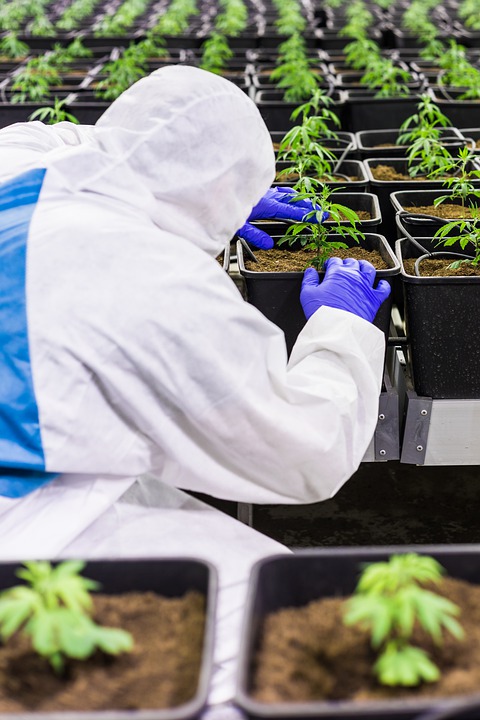Introduction
Hemp, a versatile plant with a wide range of potential uses, has long been associated with controversy due to its close relationship with marijuana. However, recent changes in legislation have paved the way for the legalization of hemp in many countries around the world. This shift has significant implications for the future of agriculture, offering farmers a new and profitable crop to cultivate.
The Benefits of Legalizing Hemp
One of the main benefits of legalizing hemp is its potential to revitalize the agriculture industry. Hemp is a high-yield crop that requires minimal water and pesticides to grow, making it an environmentally friendly alternative to traditional crops. Additionally, hemp can be used to produce a wide range of products, including textiles, paper, biofuels, and even food. By legalizing hemp, governments can create new opportunities for farmers to diversify their crops and enter new markets.
Challenges and Opportunities
While the legalization of hemp holds great promise for the agriculture industry, there are also challenges that need to be addressed. One of the main hurdles is the stigma that still surrounds hemp due to its association with marijuana. Educating the public about the differences between hemp and marijuana is crucial to dispelling misconceptions and fostering acceptance of hemp as a legitimate crop. Additionally, regulations around the cultivation and processing of hemp need to be carefully crafted to ensure that the industry operates safely and ethically.
The Future of Agriculture
With the legalization of hemp, the future of agriculture looks brighter than ever. Hemp has the potential to revolutionize the way we grow and produce crops, offering sustainable and profitable alternatives to traditional farming practices. By embracing hemp as a valuable crop, farmers can tap into new markets and contribute to a more environmentally friendly and economically viable agricultural sector.
Conclusion
The legalization of hemp represents a significant turning point for the agriculture industry, offering farmers a new and profitable crop to cultivate. With its versatility and sustainability, hemp has the potential to revolutionize agriculture and create new opportunities for farmers around the world. By addressing the challenges and seizing the opportunities presented by legalized hemp, the future of agriculture looks brighter than ever.
FAQs
Is hemp the same as marijuana?
No, hemp and marijuana are different varieties of the cannabis plant. While both plants belong to the same species, they have different uses and chemical compositions. Hemp contains low levels of THC, the psychoactive compound found in marijuana, making it non-intoxicating and suitable for industrial purposes.
What products can be made from hemp?
Hemp can be used to produce a wide range of products, including textiles, paper, biofuels, food, and even building materials. Hemp fibers are particularly valuable for their strength and durability, making them ideal for manufacturing sustainable products.
How does legalizing hemp benefit the agriculture industry?
Legalizing hemp opens up new markets and opportunities for farmers to diversify their crops and generate additional income. Hemp is a high-yield crop that requires minimal inputs, making it a profitable and environmentally friendly alternative to traditional crops.

